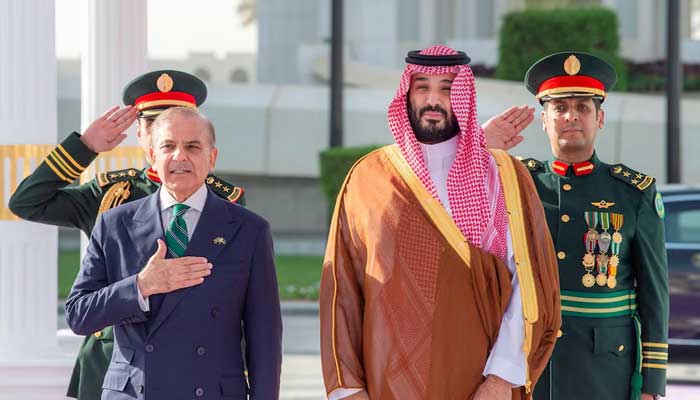Between Hype and Reality: Understanding the Pakistan–Saudi Arabia Agreement
October 14, 2025
The recent Pakistan–Saudi Arabia agreement has sparked widespread debate across the country, with reactions ranging from enthusiastic optimism to deep skepticism. On social media, television, and in drawing-room discussions, opinions have swung between two extremes — some celebrating it as a breakthrough moment for Pakistan, and others warning of overdependence and lost autonomy.
As with most matters of statecraft, the truth likely lies somewhere in between. The agreement, while significant, should be viewed with a balanced perspective — one that combines measured optimism with realistic expectations.
Avoiding the Extremes
To treat this development as a cure for all challenges is to invite disappointment. On the other hand, to dismiss it outright as a threat to national sovereignty risks undermining confidence in Pakistan’s ability to manage its foreign relations responsibly.
Pakistan’s tendency to oscillate between excessive hope and unwarranted despair often clouds public judgment. A more mature national response would be to wait for tangible results before forming definitive opinions.
Strategic Diplomacy at Work
The agreement reflects Pakistan’s efforts to strengthen regional partnerships through pragmatic diplomacy rather than emotion. Such initiatives are rarely spontaneous — they result from months of quiet negotiation, compromise, and strategic calculation.
Observers note that Pakistan’s approach in recent years has been marked by greater discipline, restraint, and foresight, allowing it to convert diplomatic opportunities into meaningful engagements. This agreement appears to follow that pattern — emphasizing cooperation, investment, and long-term collaboration.
Public Discourse and Misinformation
Much of the confusion surrounding the deal stems from speculation. Some commentators speak with misplaced certainty about details not made public, fueling either excessive euphoria or unnecessary anxiety.
In the era of social media misinformation, it’s easy for unverified claims or conspiracy theories to dominate narratives. Responsible journalism and critical thinking are essential to ensure that public opinion remains informed rather than manipulated.
National Resilience Beyond Politics
Pakistan’s true strength lies not just in diplomacy, but in the resilience and discipline of its people. A stable economy and confident society depend as much on citizens’ contributions as on international partnerships.
Instead of being swayed by online debates, citizens can channel their energy into education, skill development, entrepreneurship, and civic responsibility — all of which help ensure that the benefits of any foreign agreement truly reach the people.
A Call for Balanced Optimism
Pakistan’s history is a story of persistence and recovery. Time and again, the nation has found ways to adapt and progress in the face of adversity. The new chapter of cooperation with Saudi Arabia represents an opportunity — not a guarantee.
It is neither a miracle solution nor a cause for despair. The outcome will depend on how effectively Pakistan turns this opening into sustainable growth and development.
Between the hype of “instant transformation” and the fear of “strategic dependency,” the real story lies in cautious optimism — believing in the country’s potential while staying grounded in reality.

